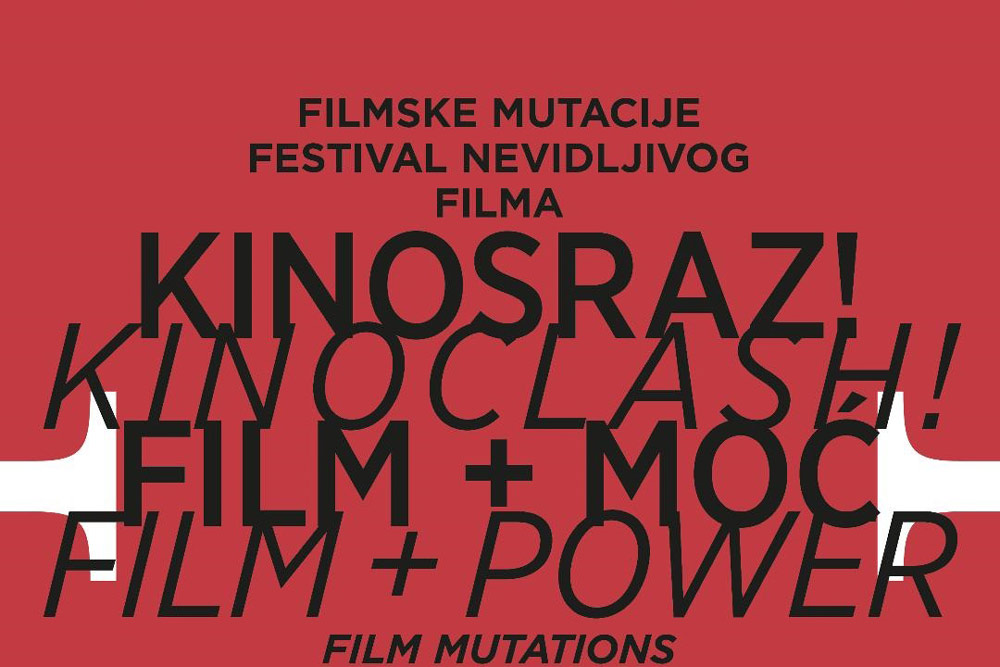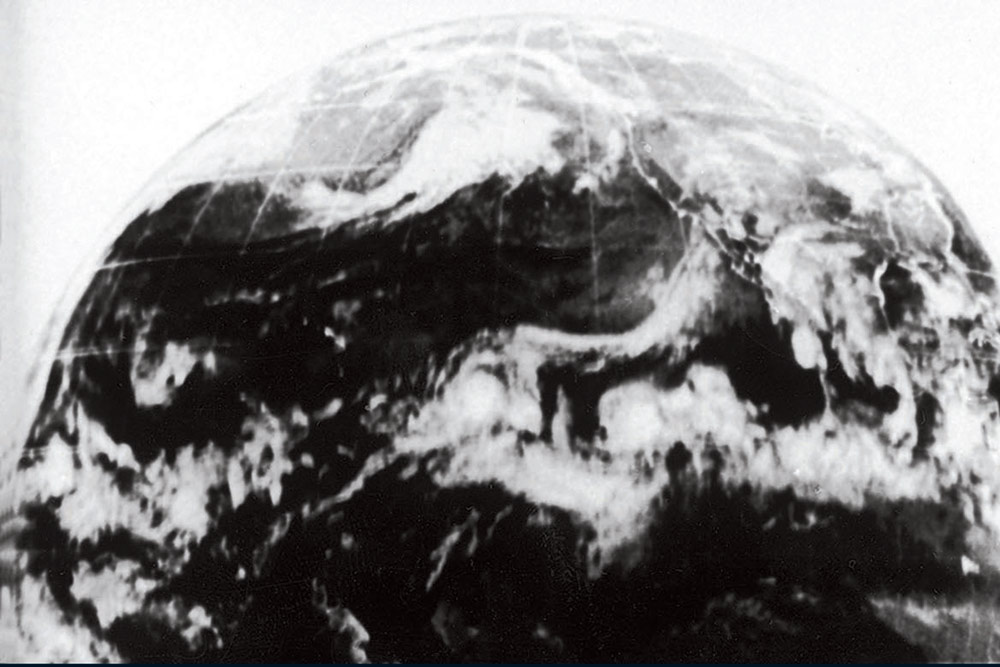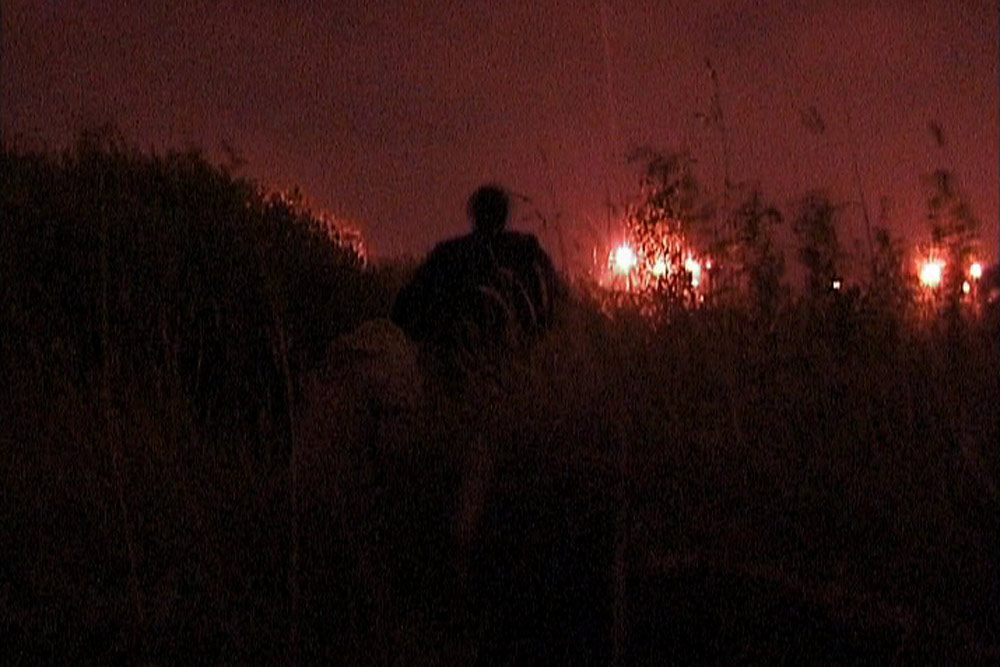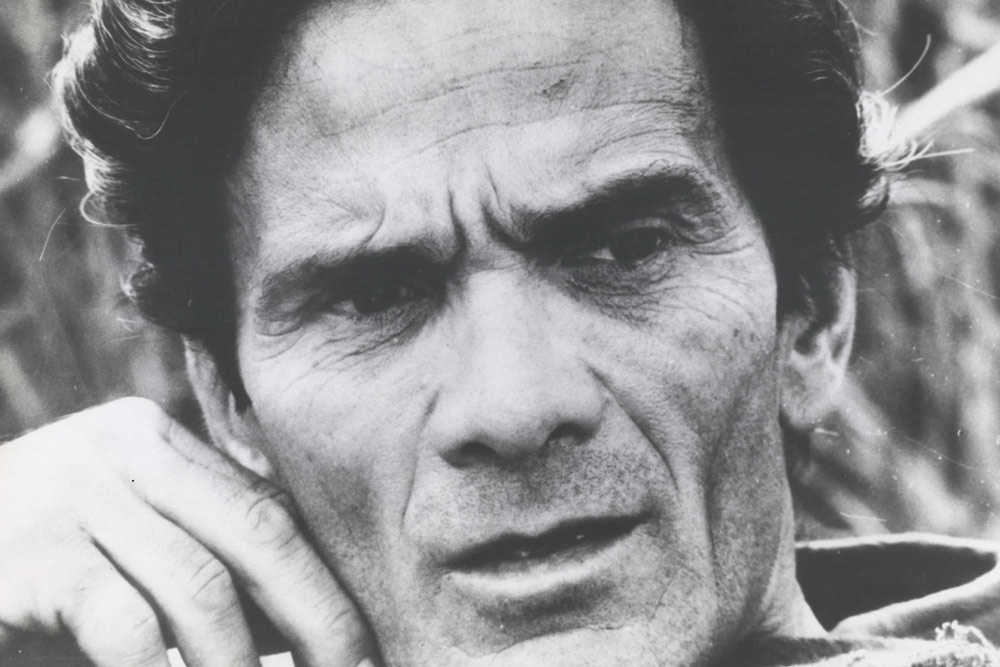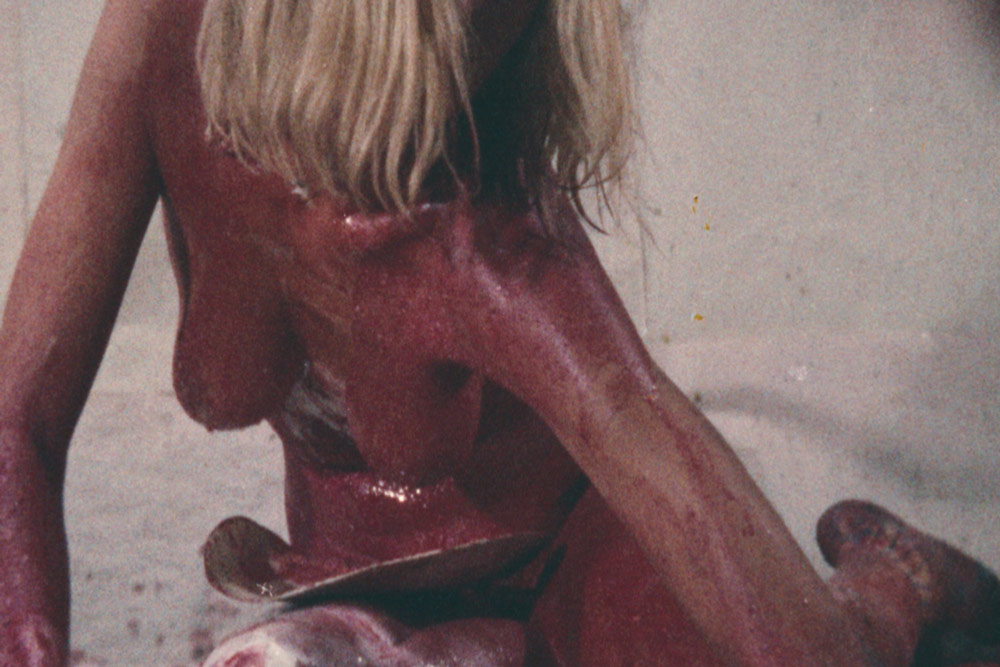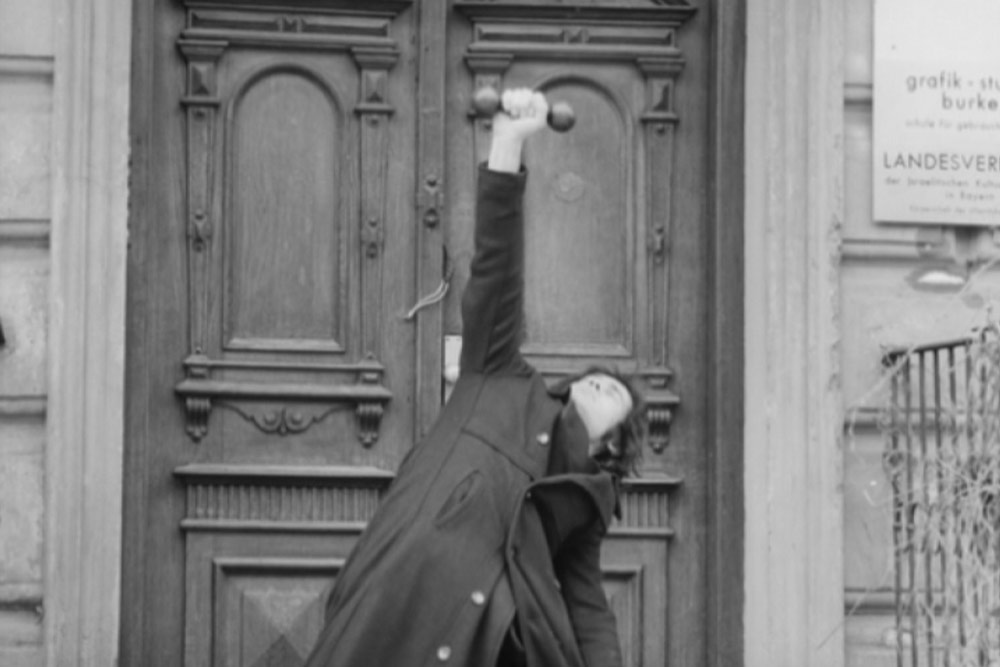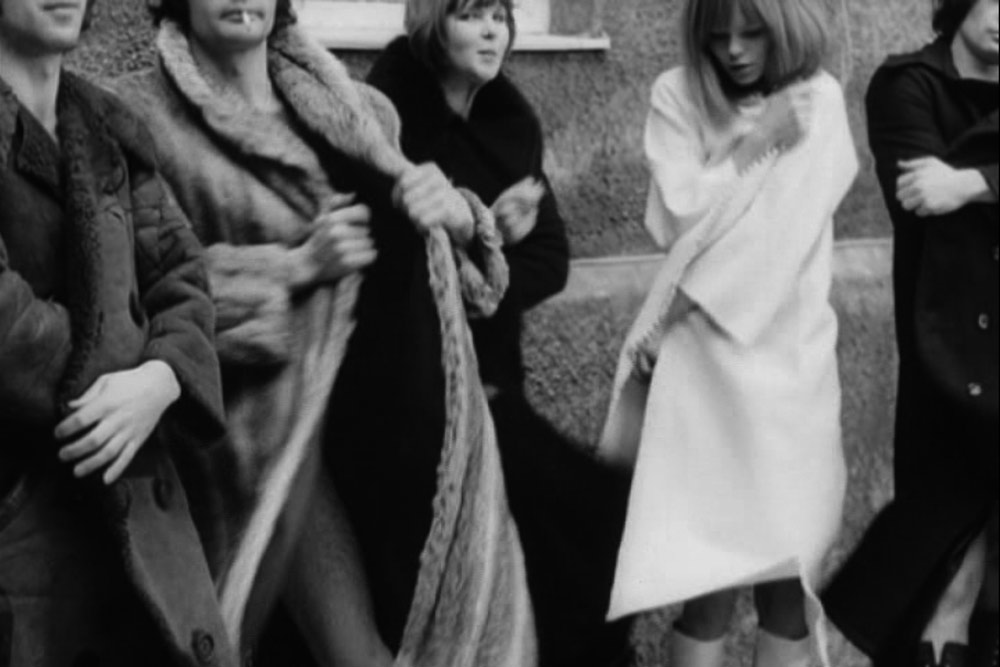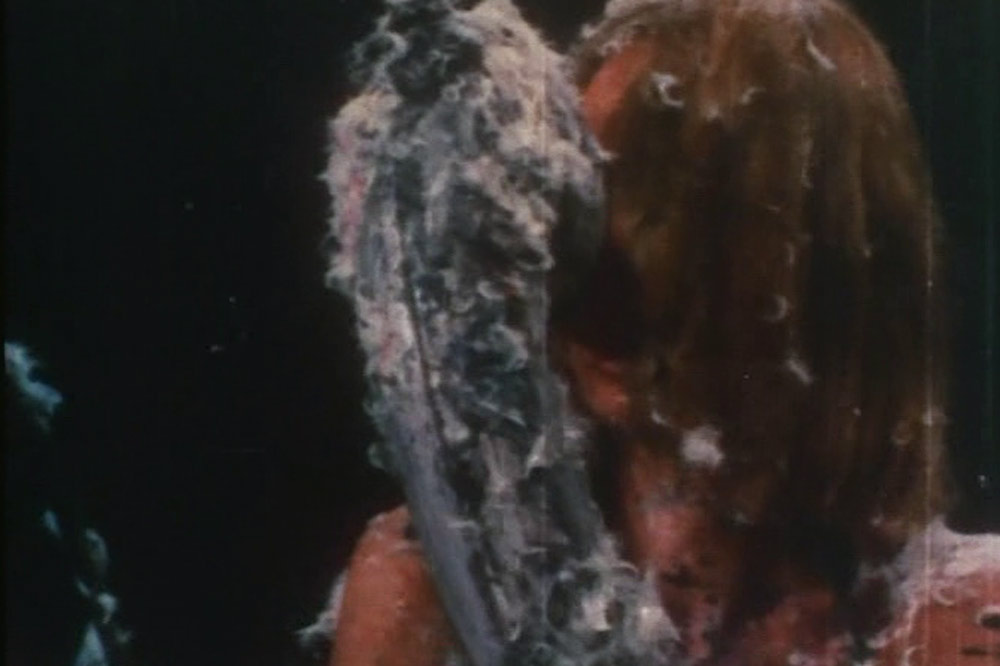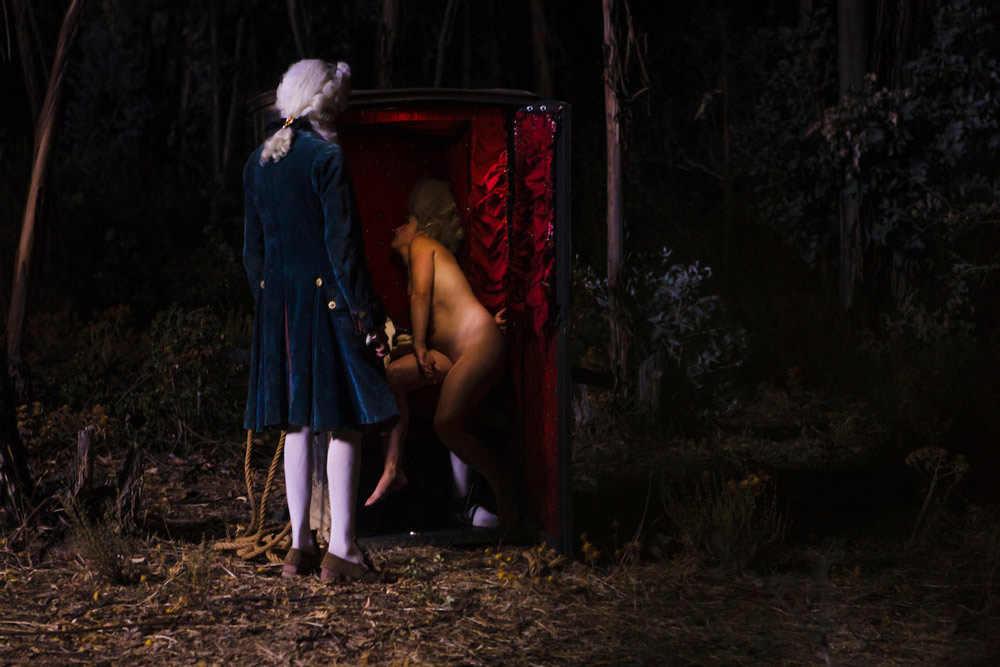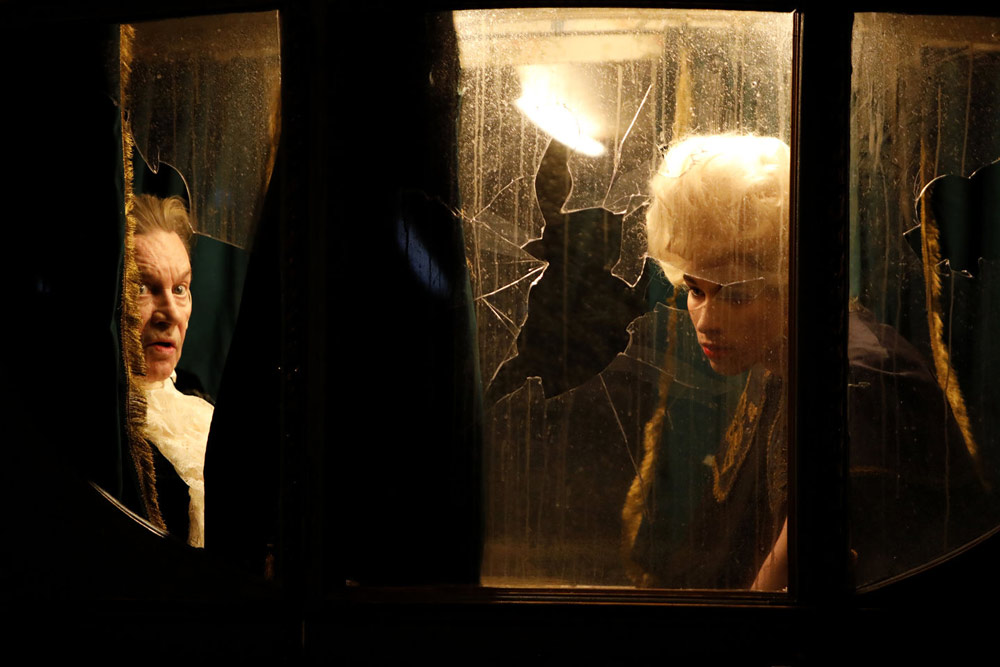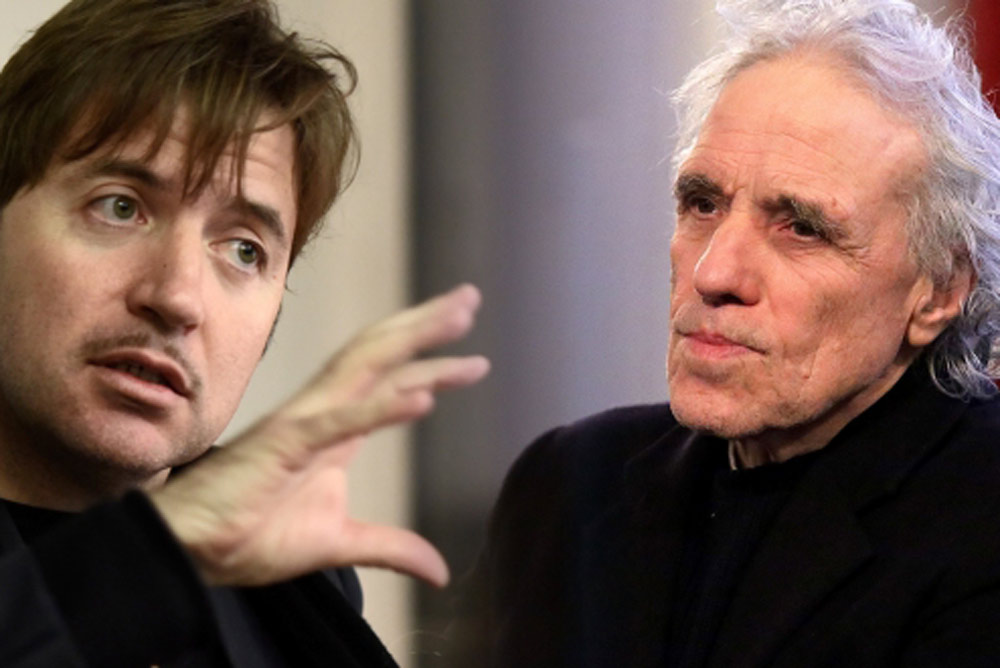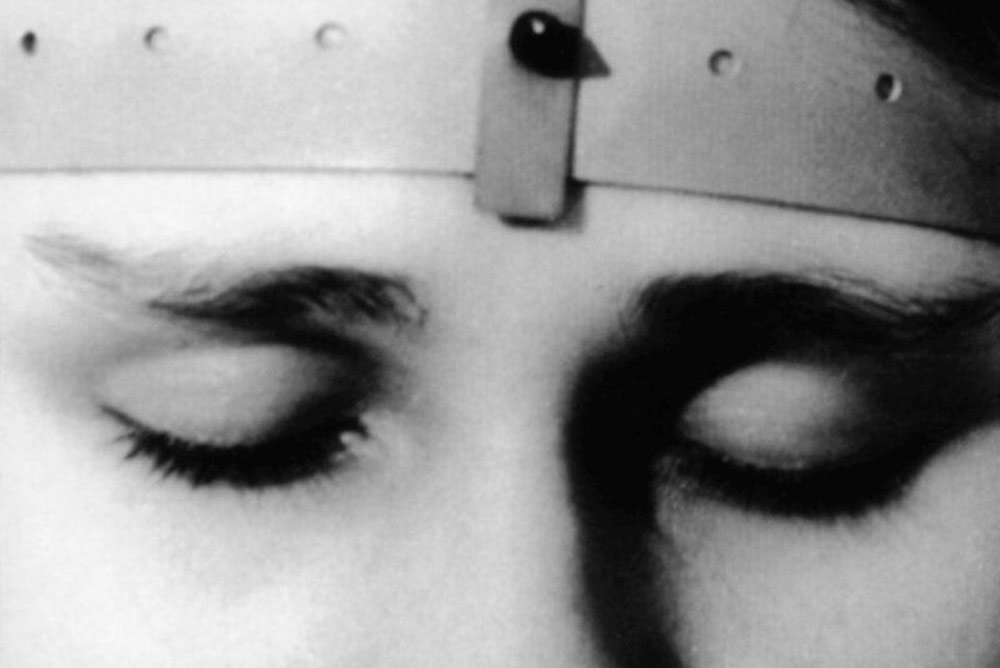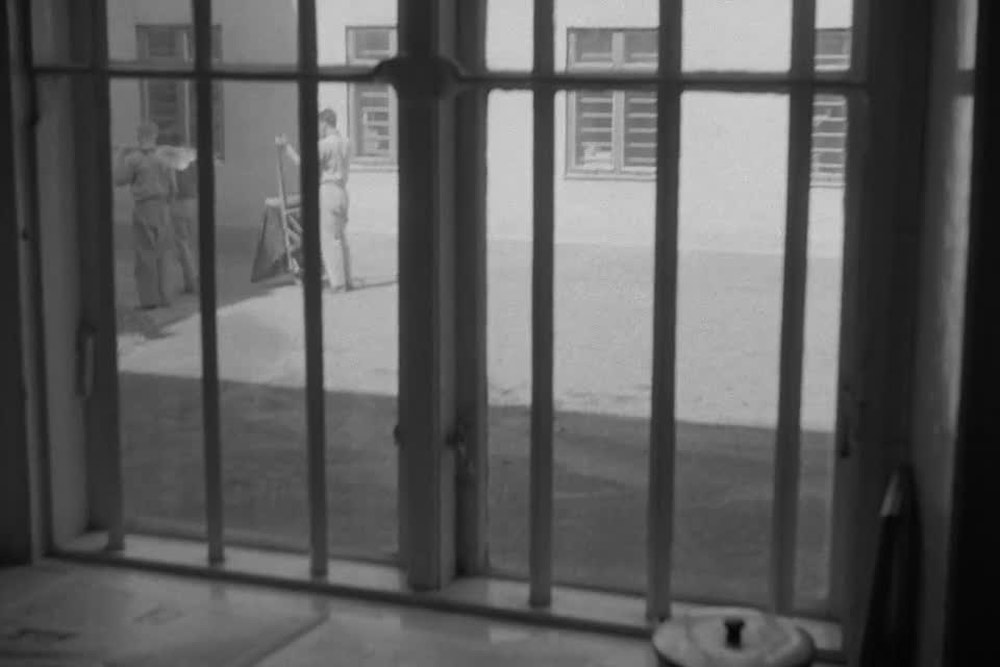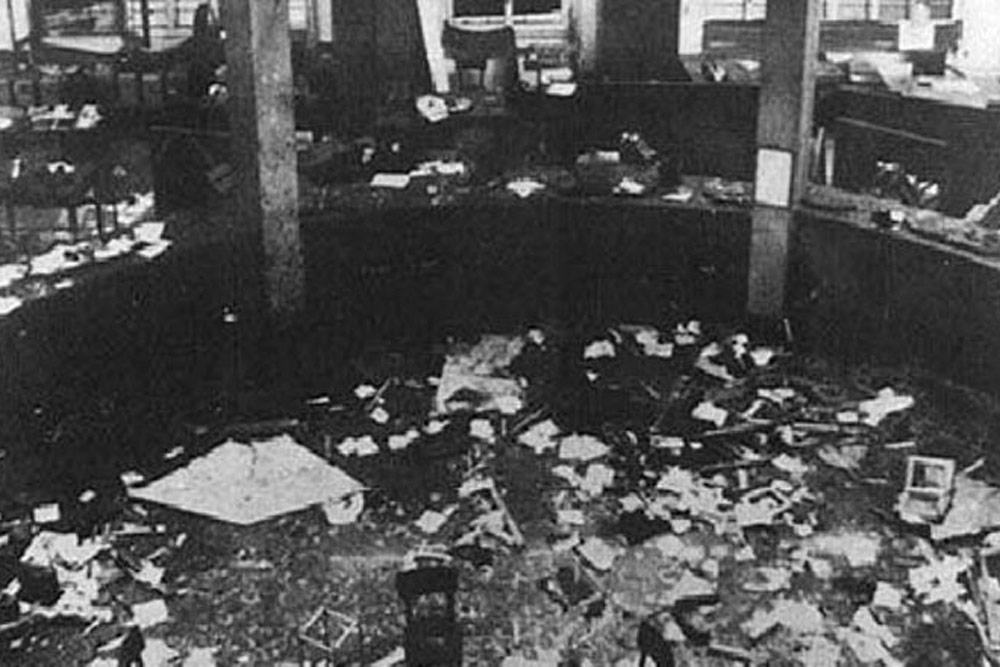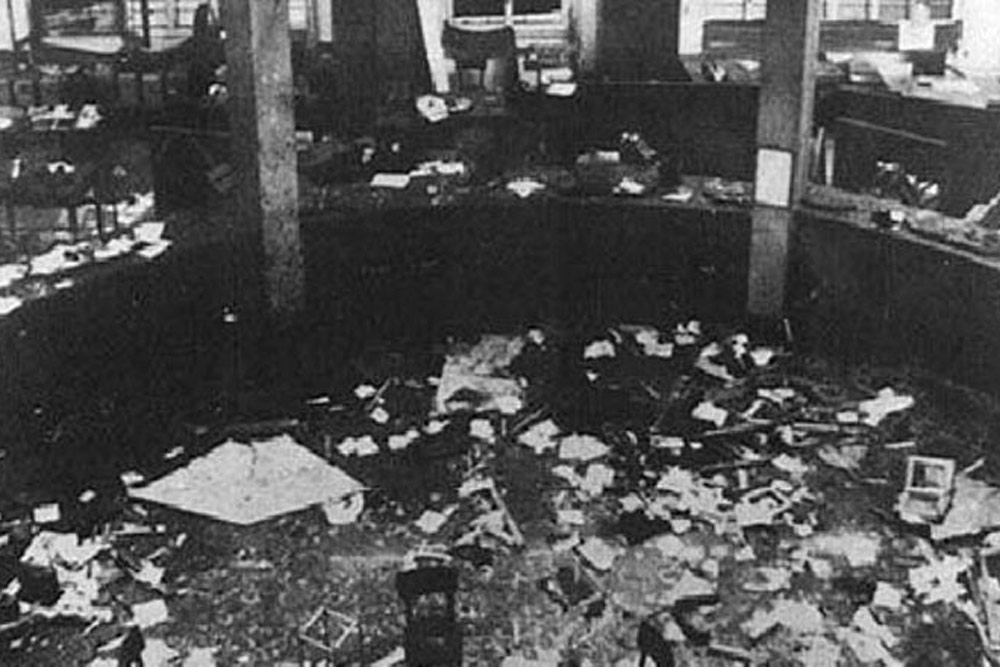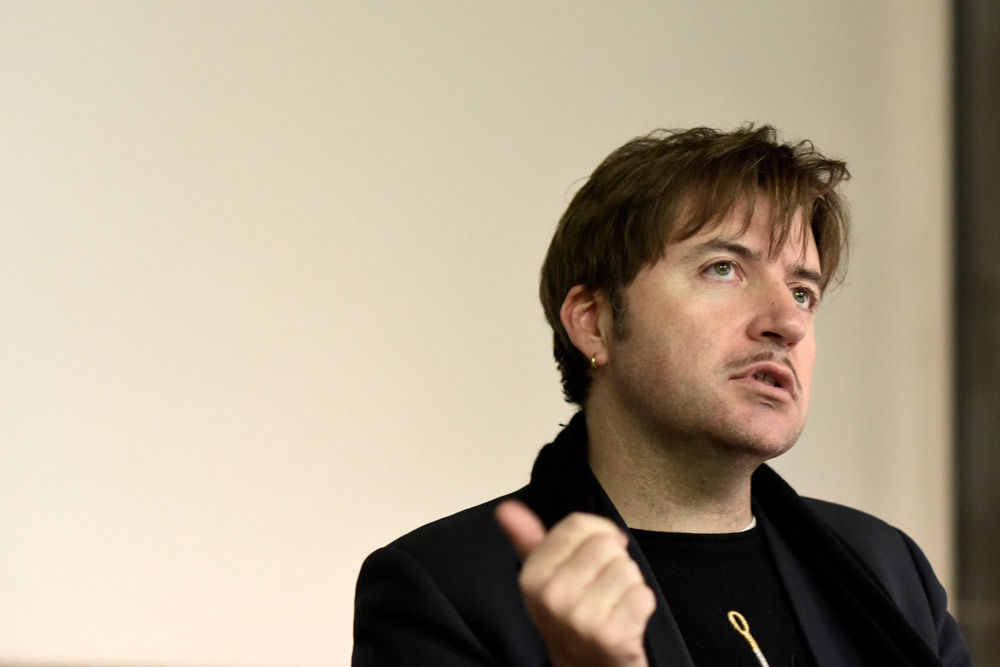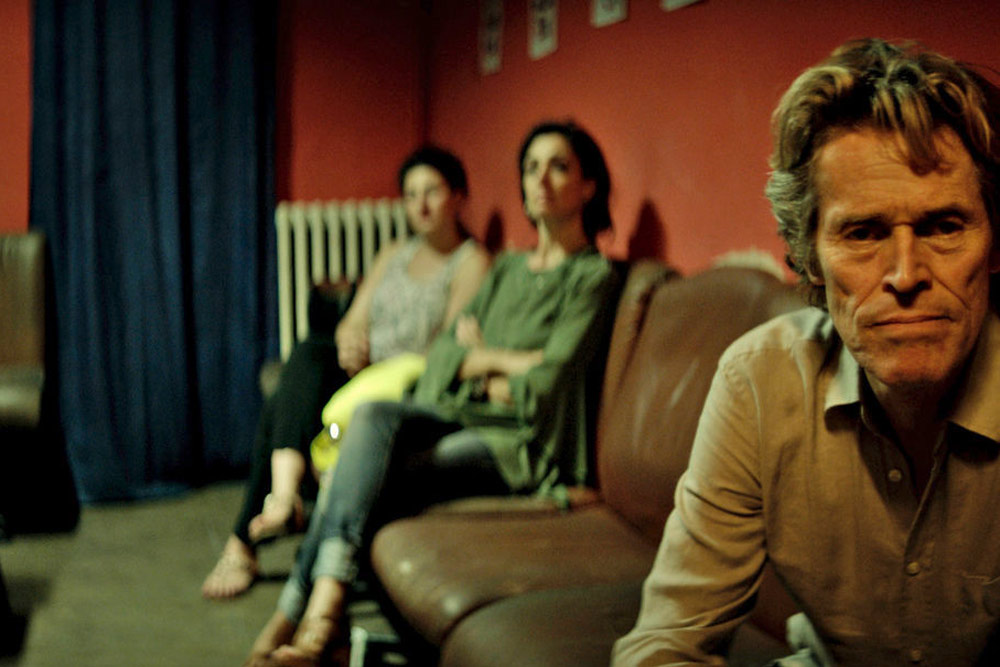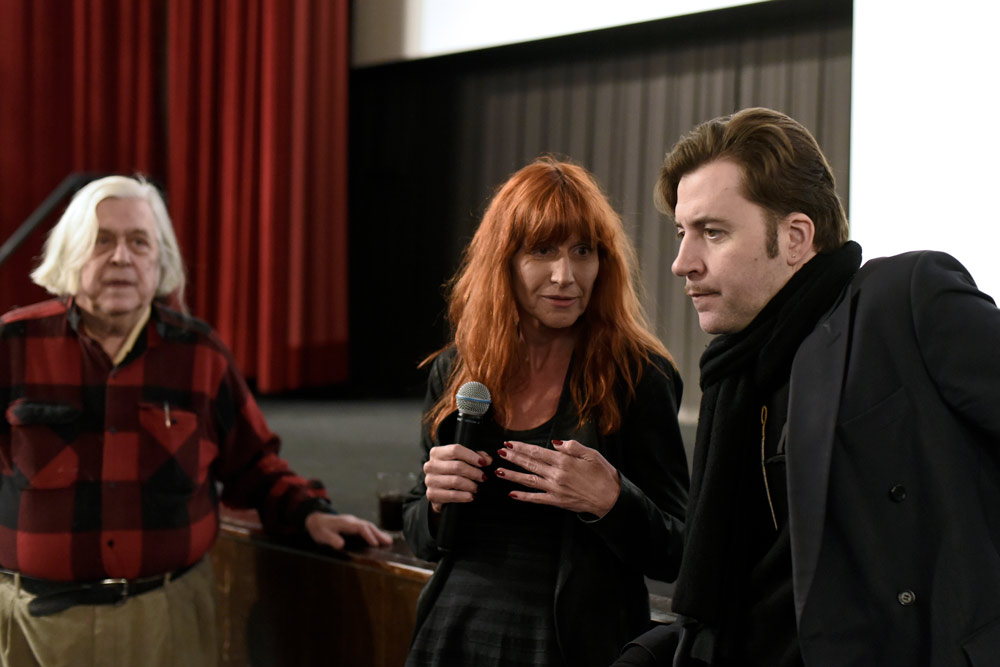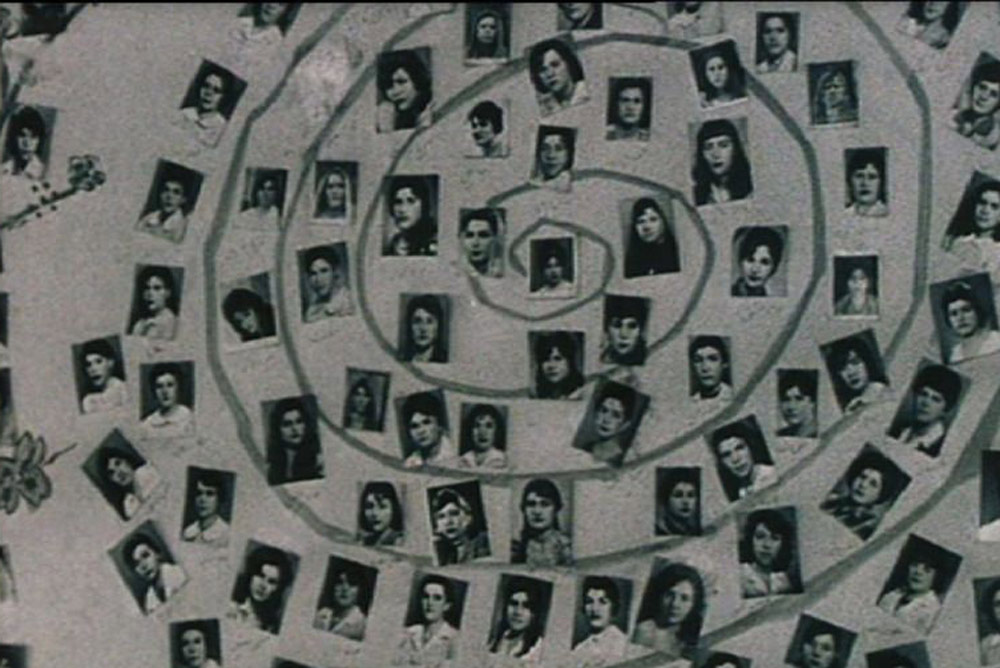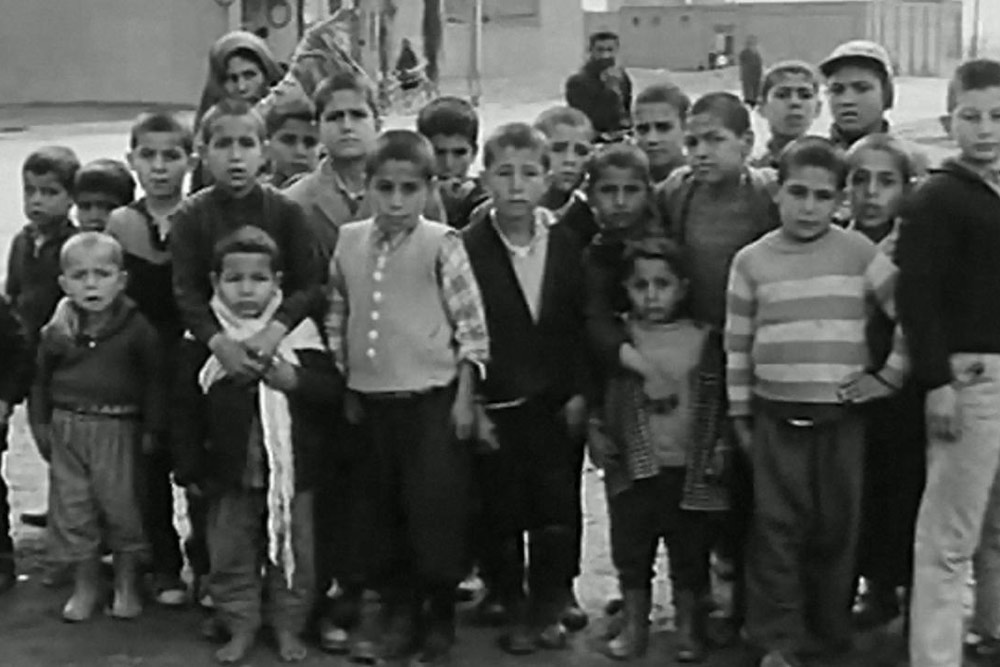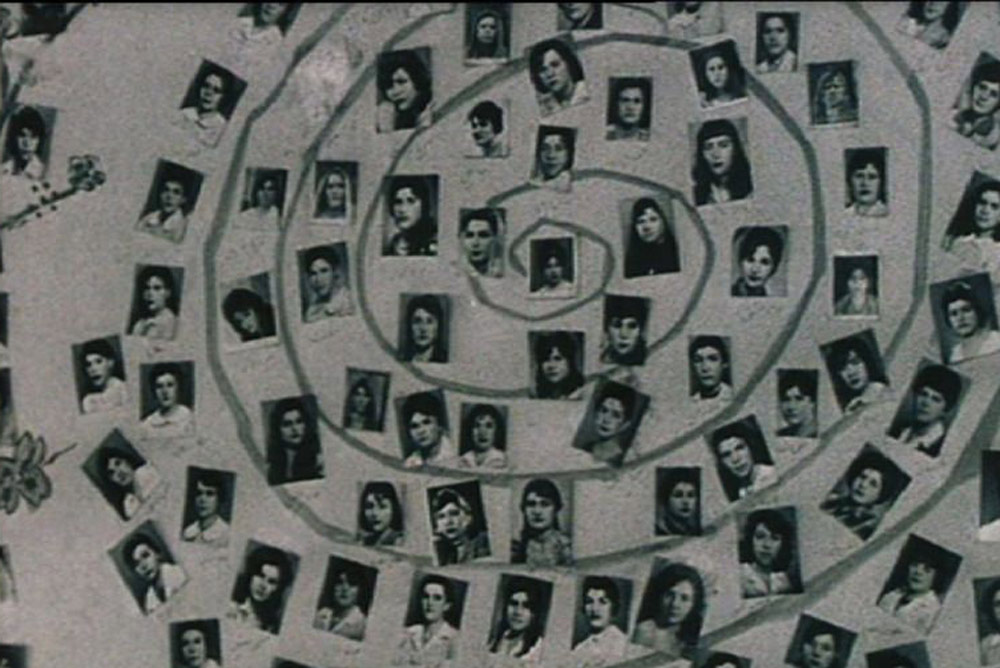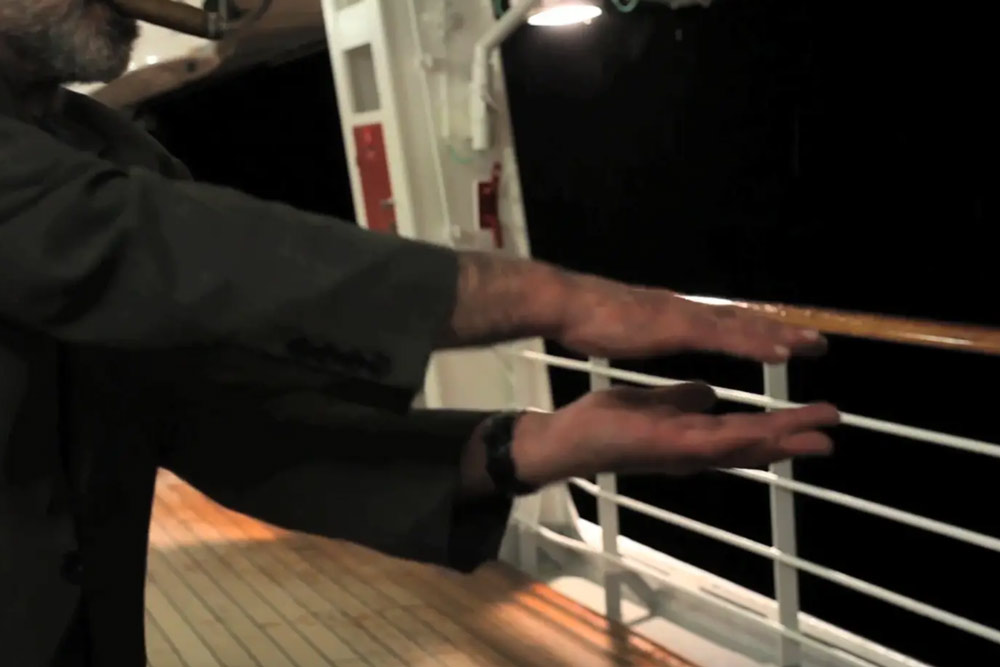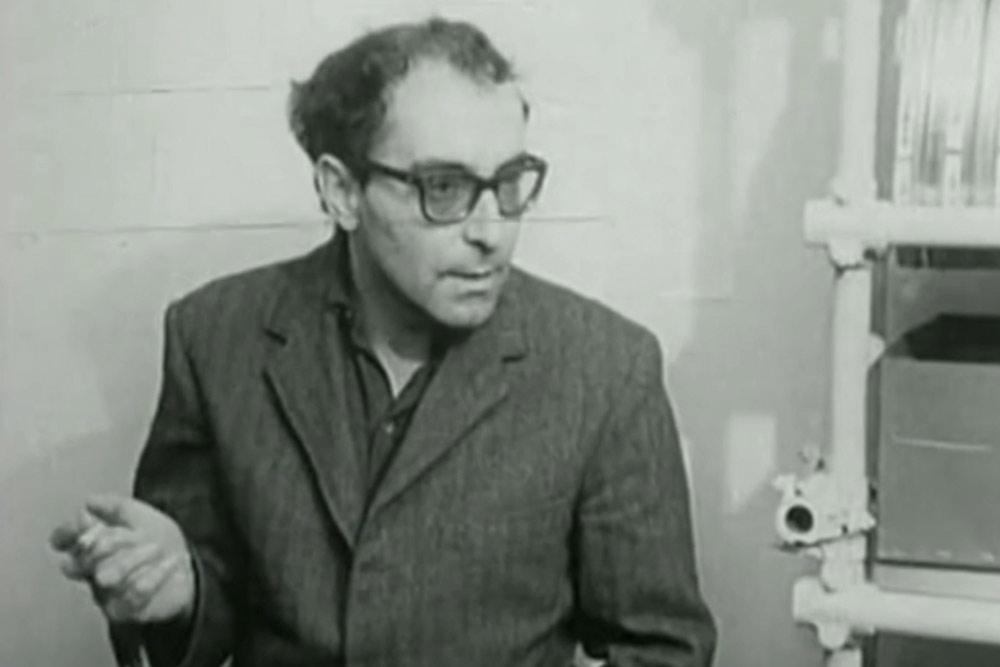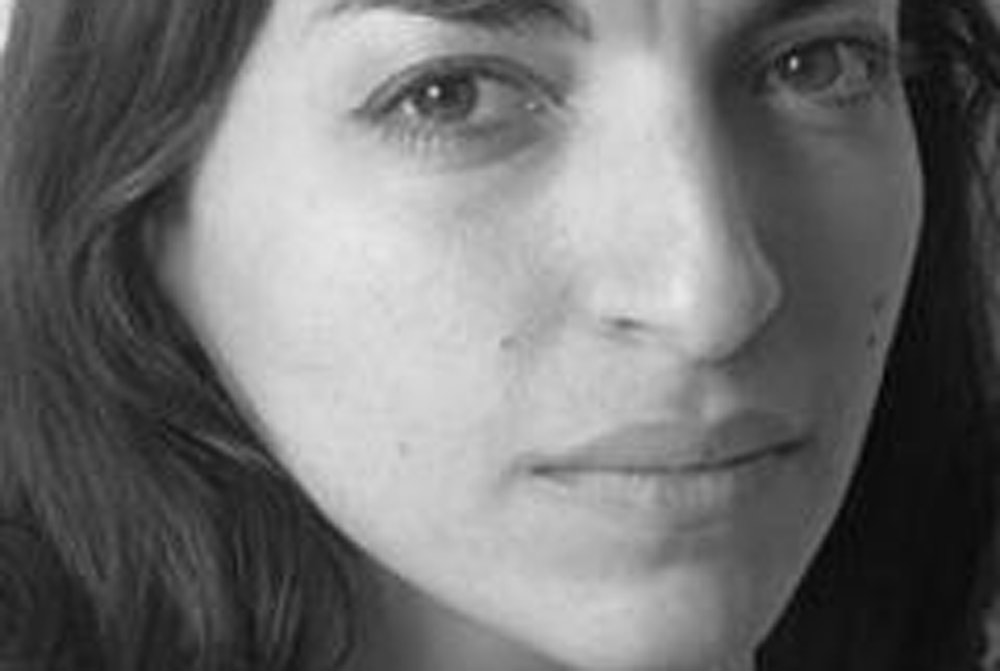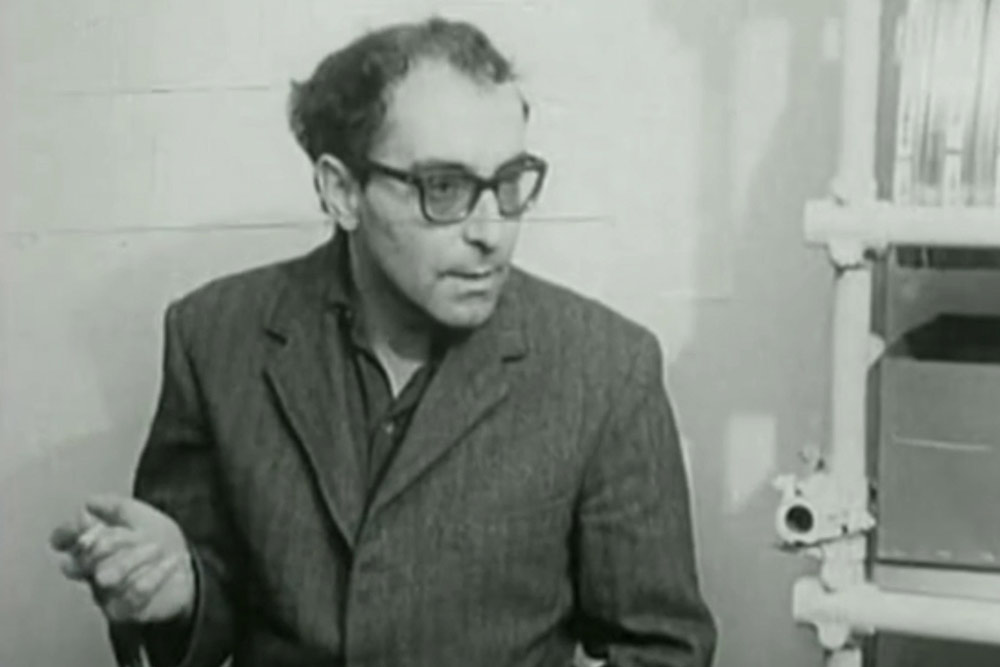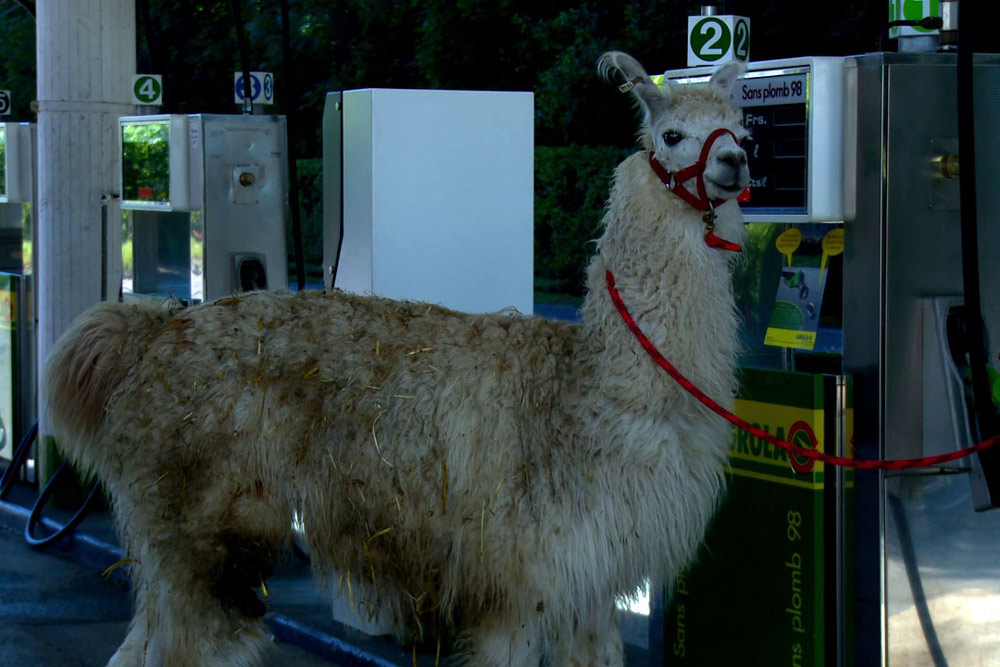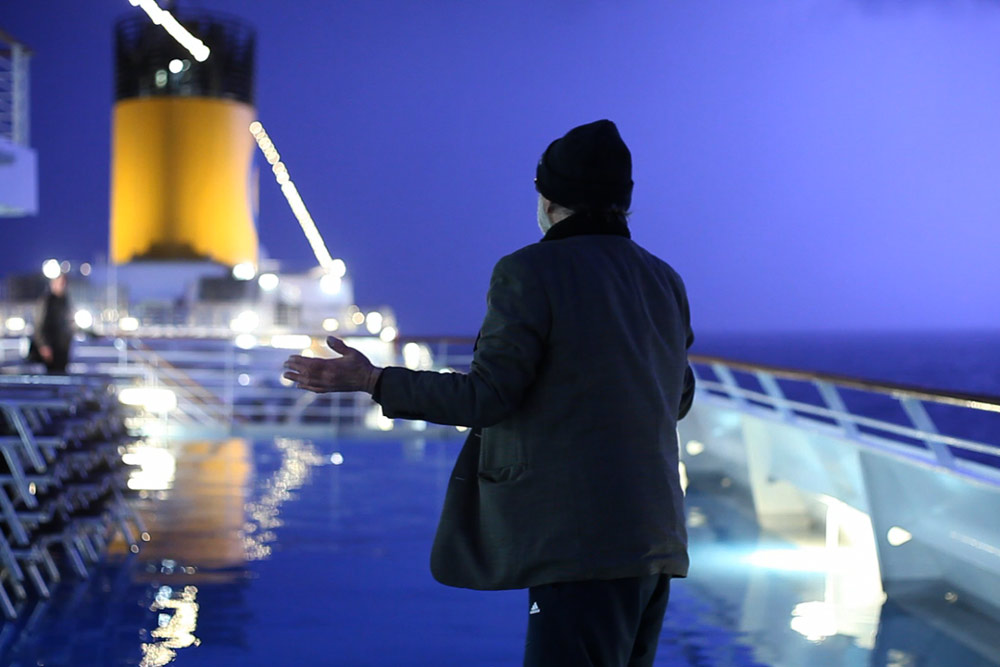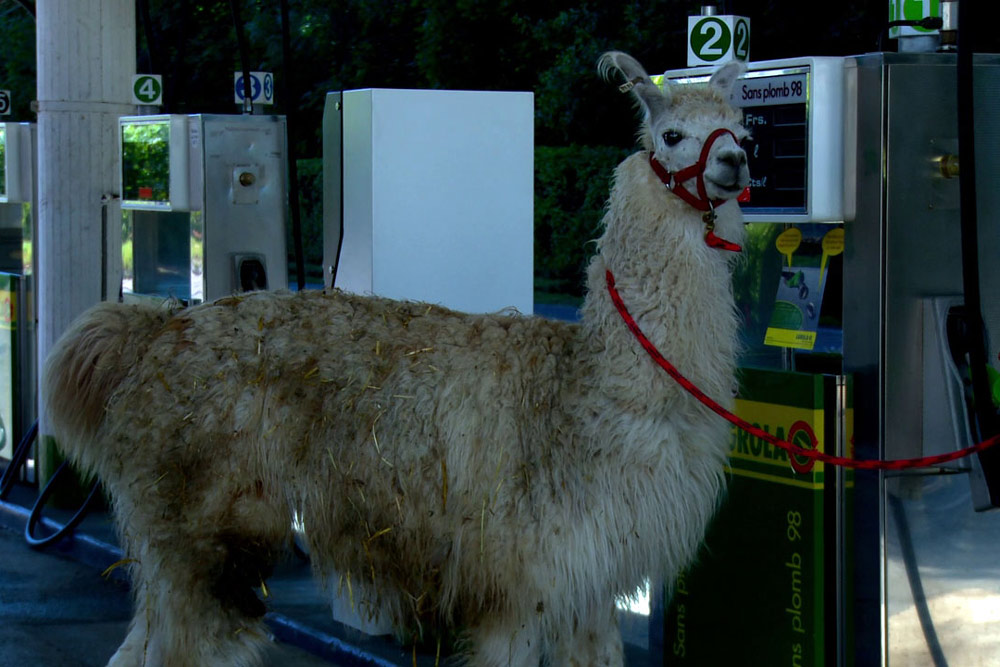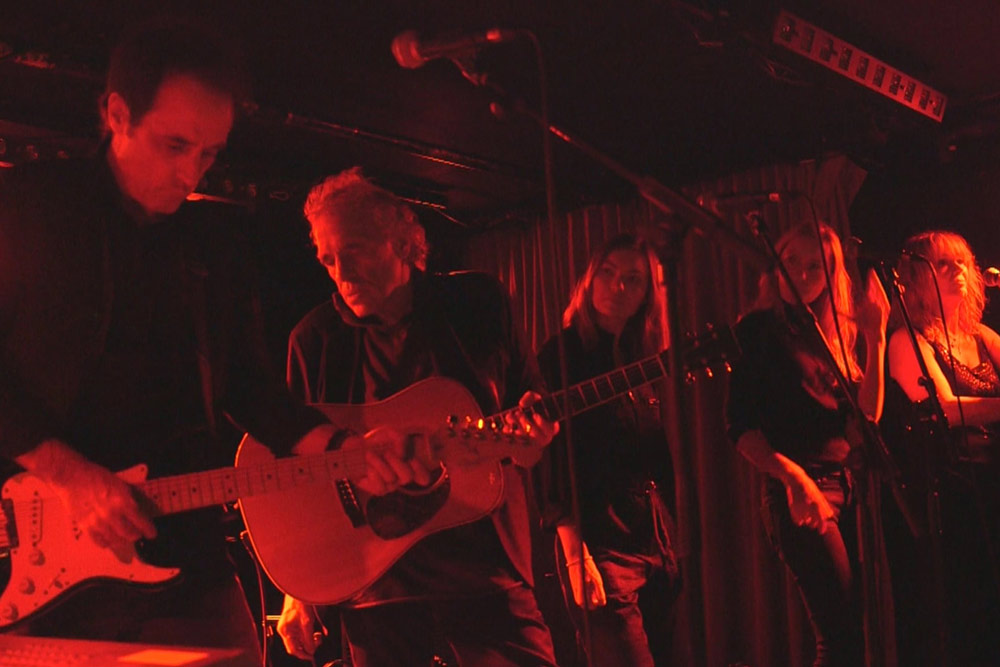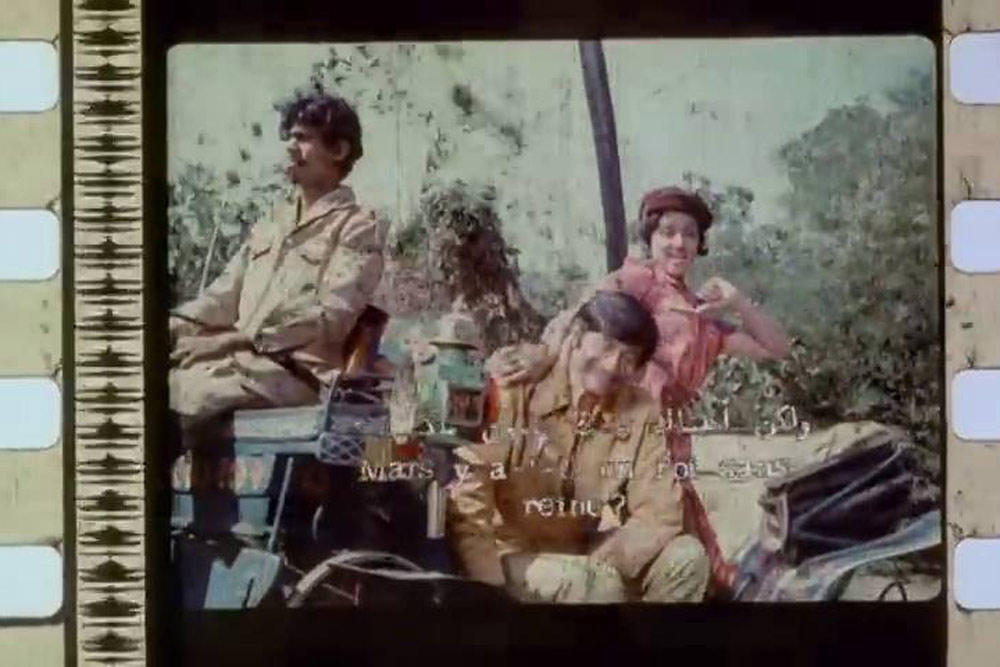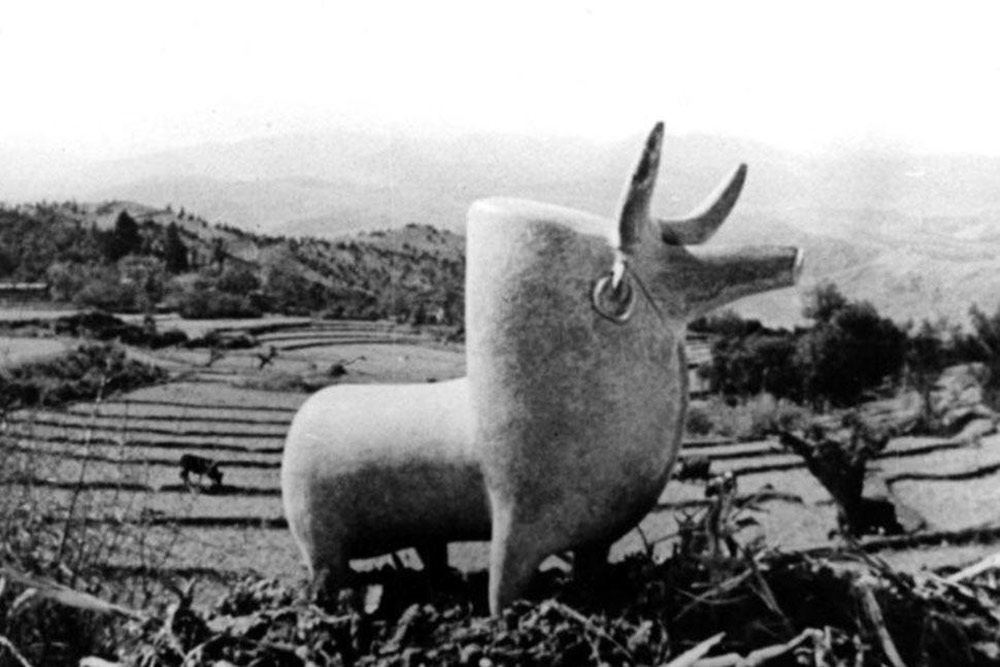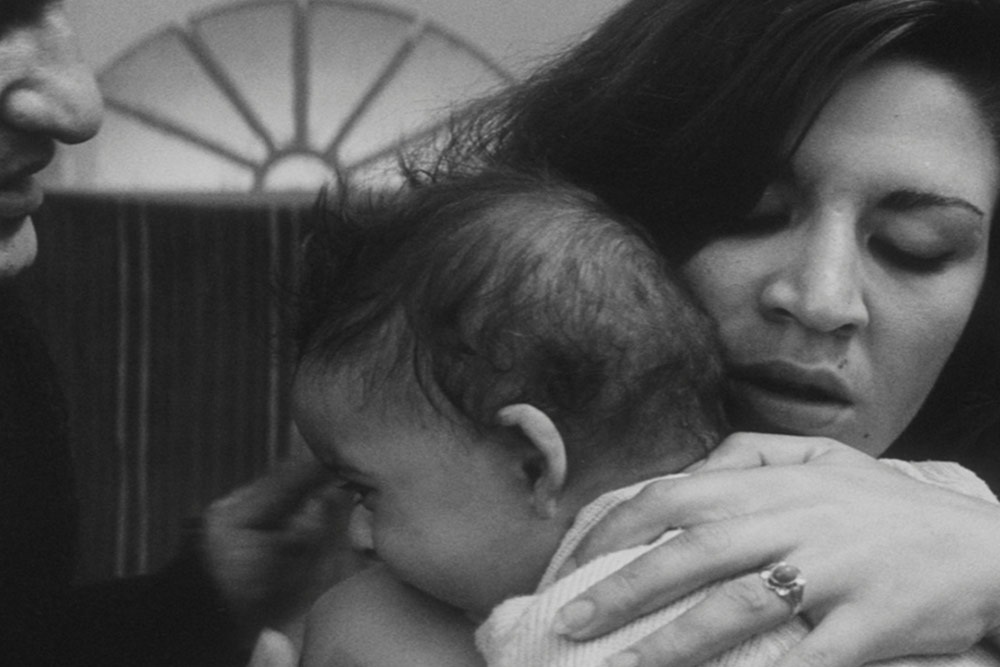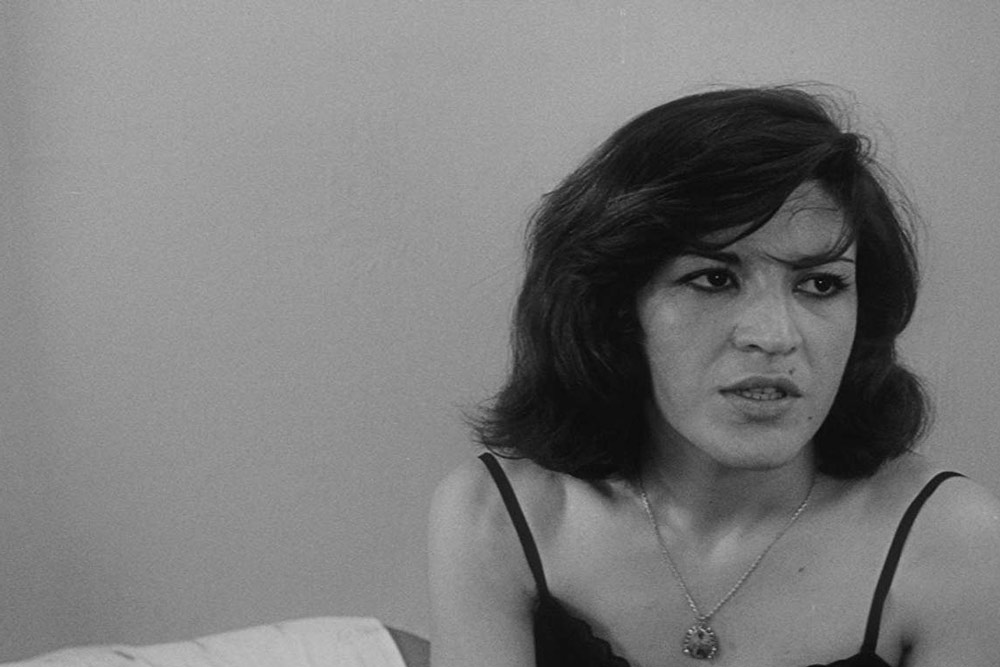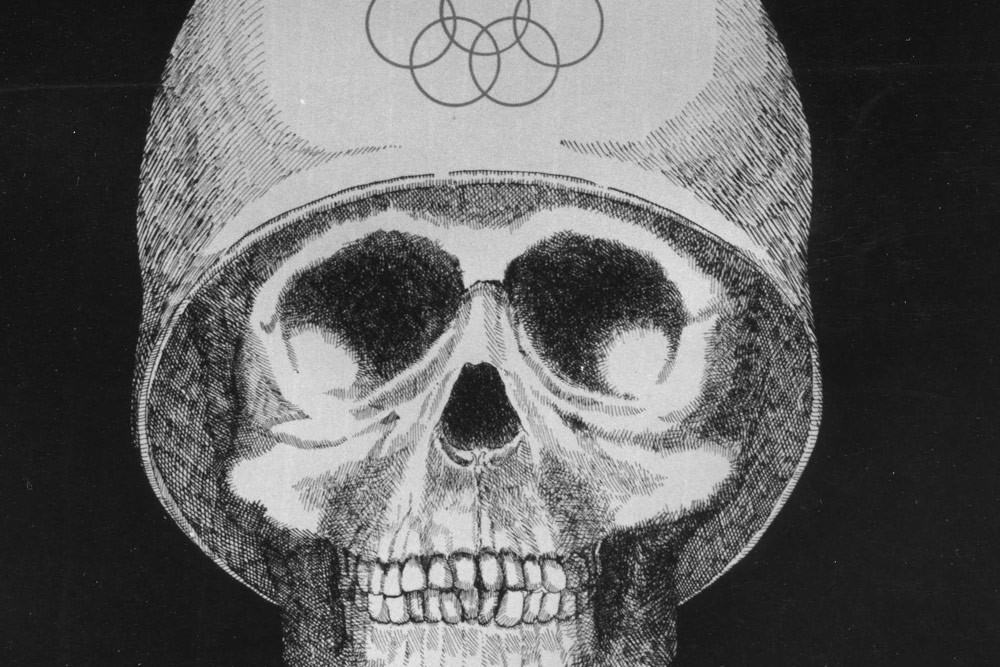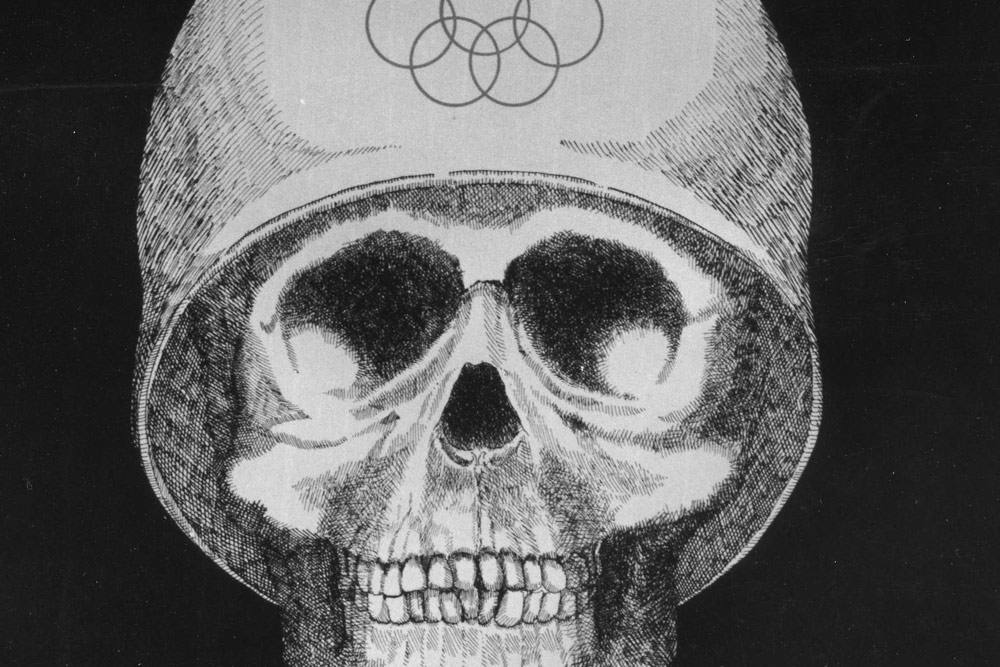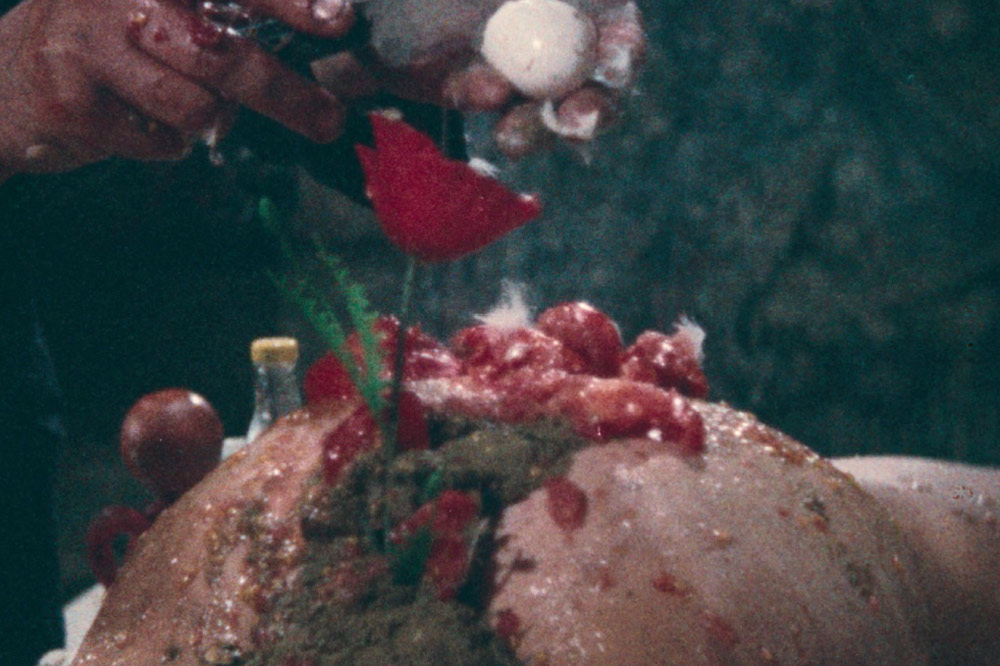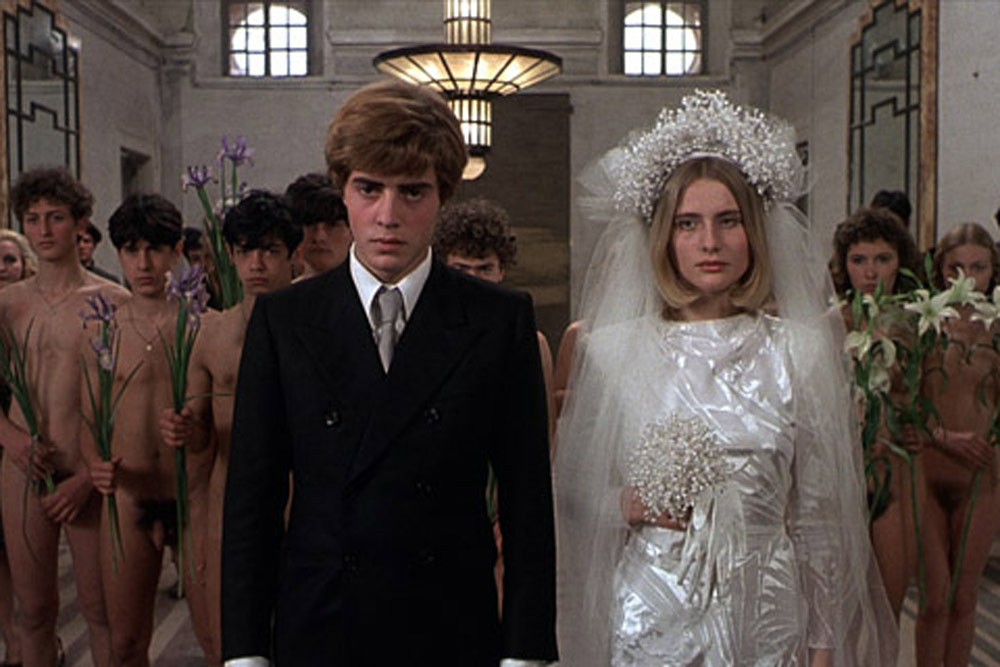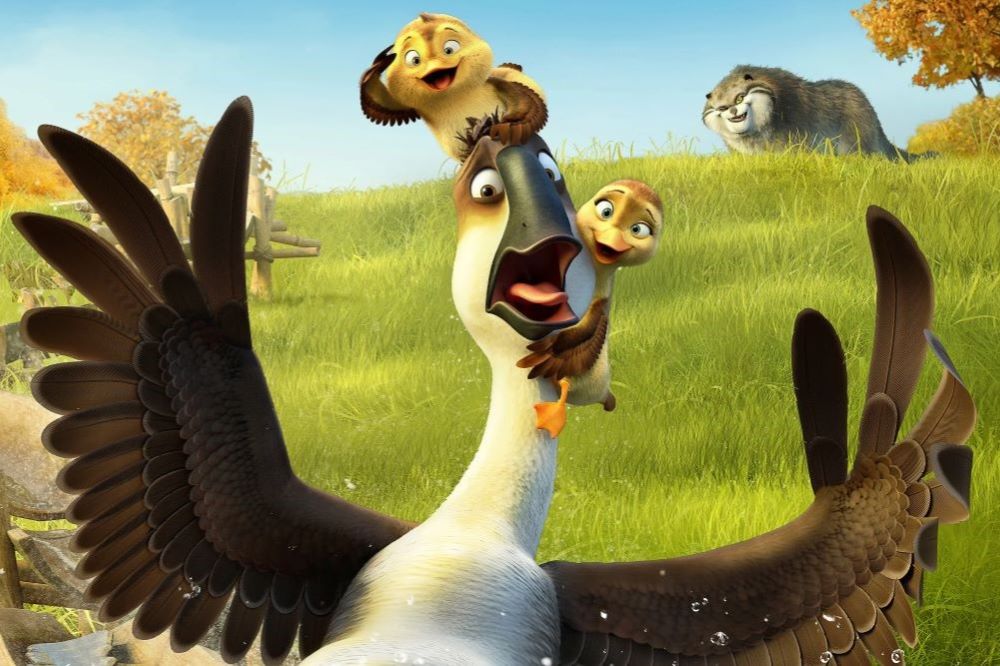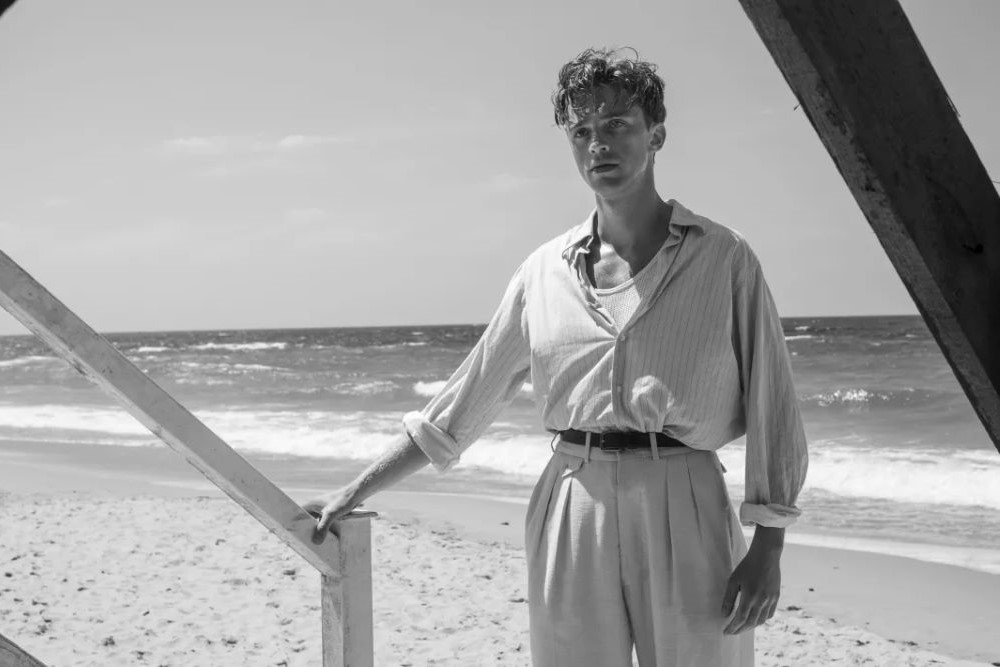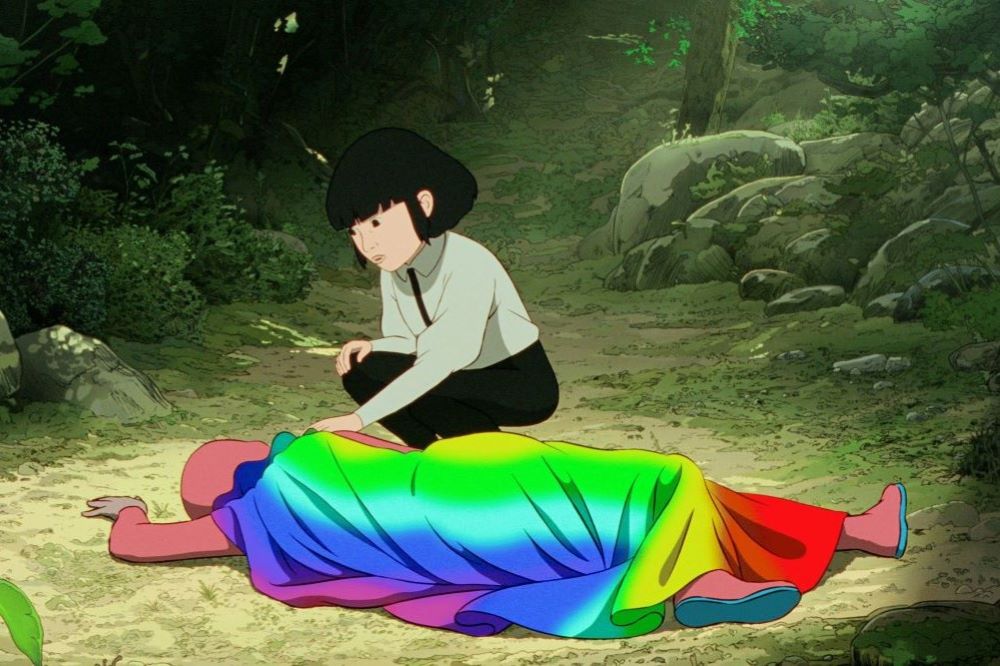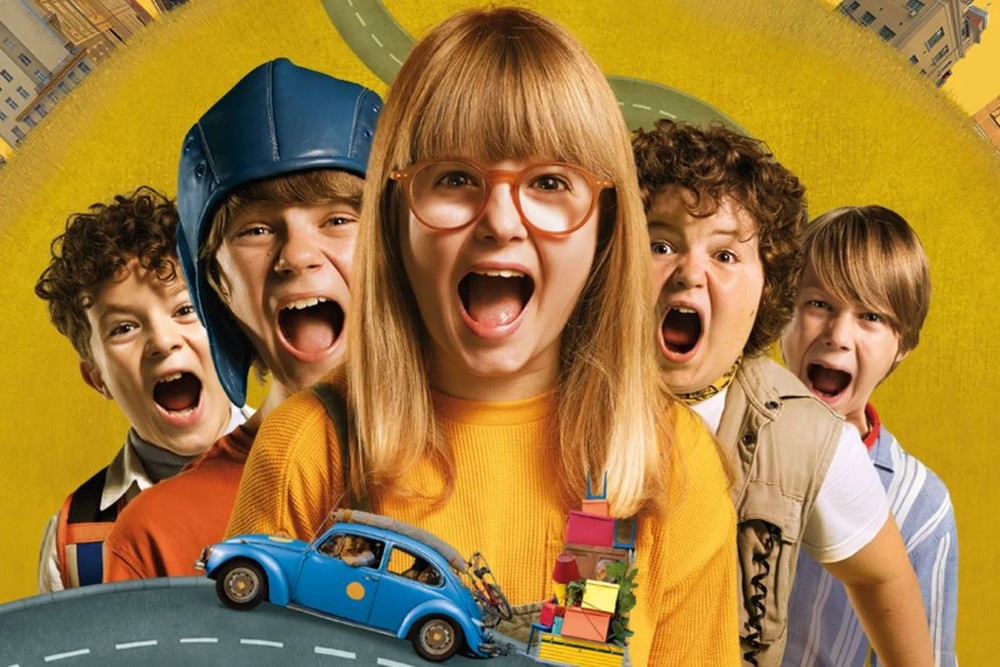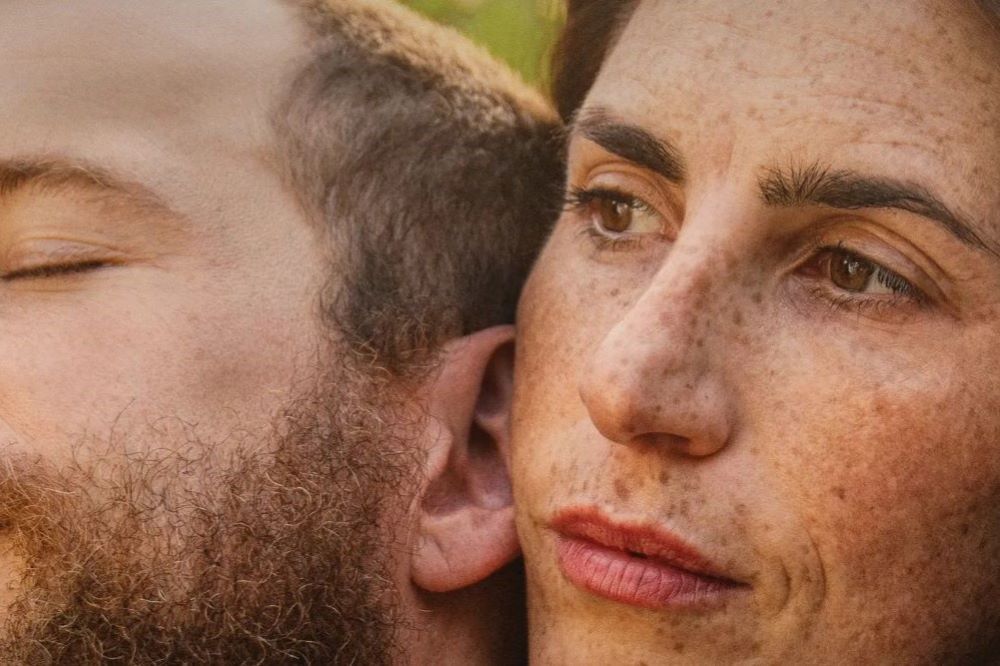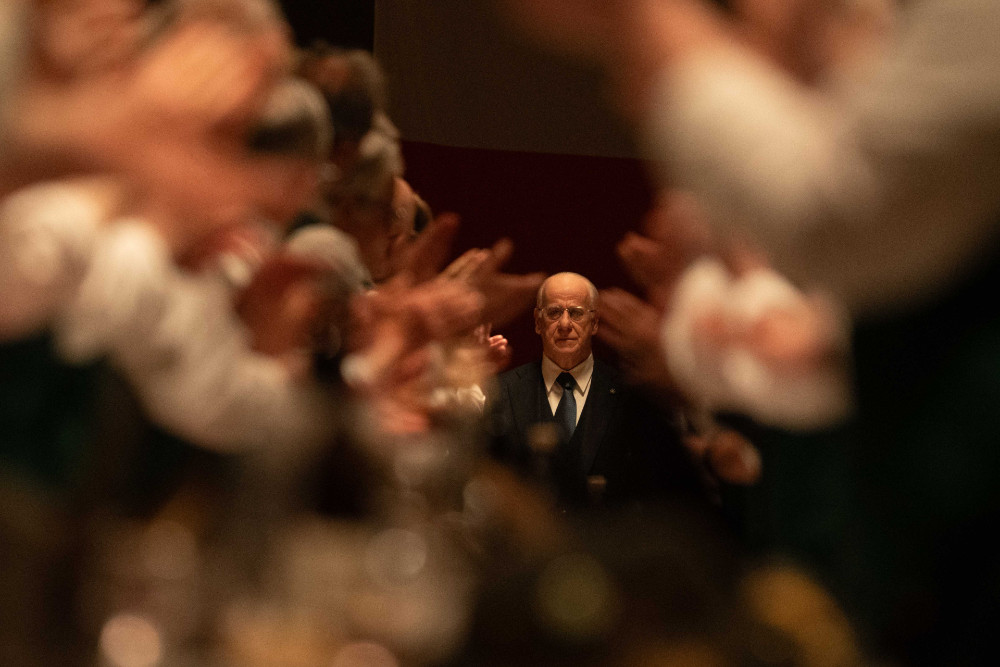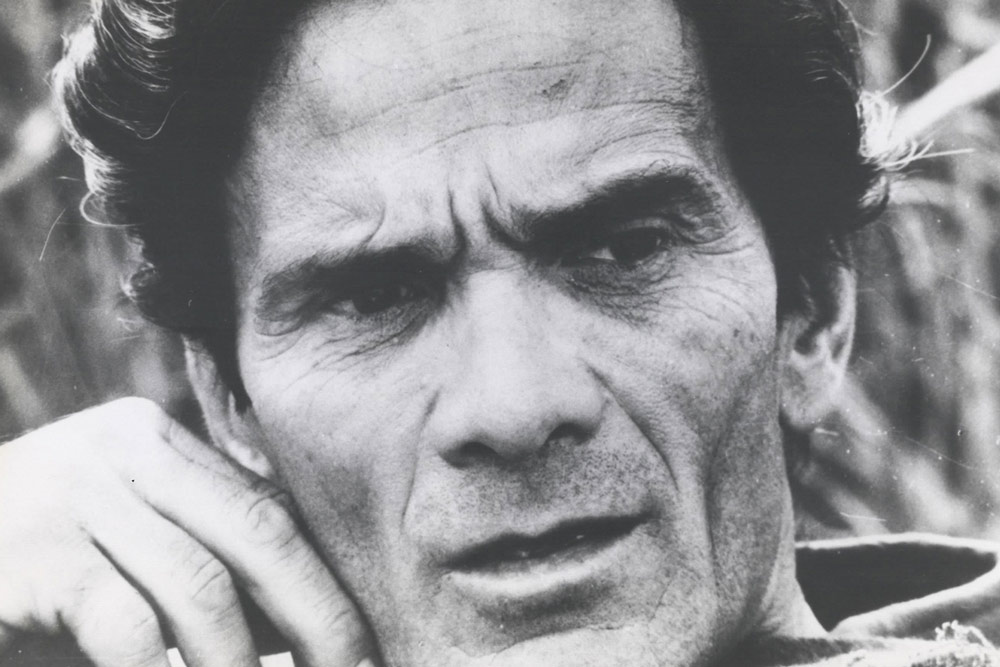
Summary
Pasolini's Anger, as his subtitle suggests, is a "reconstruction hypothesis," and at the same time an unexpected revelation, a return of a lost poetic voice, and a visionary force that makes us dizzy in our present. The film is the result of a lengthy research work and a philological research by Giuseppe Bertolucci under the auspices of Cineteca di Bologna and Istituto Luce. The reconstruction hypothesis 'restores' Pasolini's work to its original completeness with the unprecedented 16 minutes of material that is a valuable addition and insight into the spirit of the times.
Unpublished Pasolini in 2008? The story begins in 1963 when producer Gastone Ferranti hired Pasolini to make the movie La rabbia. It will be a film lab, a film essay, a montage of repertoire images that will form a poetic and political account of the contemporary world. Pasolini works with movie magazines from the popular Mondo libero series produced by Ferranti, and decides to use these visual clues to news and past events, interpolate them with artistic paintings and rotogravures, and subordinate them to lyrical text quivering with civic indignation (reciting voices belonging to Giorgio Bassani and Renato Guttus) - thus creating a new cinematic genre. It is a powerful intellectual experiment that is suddenly thwarted: the producer decides to transform the film and split it into two parts, entrusting the second part to Giovannino Guareschi, according to the well-known scheme "seen from the left perspective - seen from the right perspective". Pasolini reacts irritably, but eventually accepts and renounces the first part of his film to make room for Guareschi's episode. This creates a split between the poetic text, which is longer and differently structured, and the film, which has been shown so far, though very rarely, and was actually withdrawn immediately after its release.
It is a film "rejected, distorted, halved" (Sanguineti) that finally saw the light of day thanks to archaeological excavations and cultural passion. The idea stems from a perceived mismatch between poetic text and film. The initial part of the film, which Pasolini had to relinquish, was faithfully reconstructed by following the instructions of the text and finding the appropriate images in the Mondo libero collection kept in the Istituto Luce. The reconstruction brings sixteen minutes of new images (new voice cast, Bertolucci and Valerio Magrelli himself), images of De Gaspari's funeral, atomic cannons, the birth of the European Union, the Korean War, the Italian landscape, Italian television. They manifest "a violent, irreversible social and cultural transformation in which Pasolini will be the sharpest and most tortured witness" (Roberto Chiesi). The spirit of the times, in which a systematic media lynch against the poet takes place, is finally circulating with documents that close Pasolini's Anger - a right-wing film magazine called Settimane Incom that mocks him and wants to destroy him, and there are two rare interviews by the author.
featured
Film Mutations: Festival of Invisible Cinema XIII.
Cinemaclash! Film+Power
Film Mutations: Festival of Invisible Cinema XIII. subtitled Cinemaclash! Film+Power is being held in Art-kino → more
06.-09.02.2020.
Film Is More Than Film
Film ist mehr als Film, Austria, 1996., director: Gustav Deutsch, feature film
Border
Border, France / United Kingdom, 2004., director: Laura Waddington, documentary
6/64: Mom and Dad (An Otto Mühl Happening)
6/64 Mama und Papa (Materialaktion Otto Mühl), Austria, 1964., director: Kurt Kren, eksperimentalni
Film or Power
Film oder Macht, West Germany, 1970., director: Vlado Kristl, feature film
7/64: Leda and the Swan
7/64 Leda und der Schwan, Austria, 1964., director: Kurt Kren, feature film
Liberty
Liberté, France / Portugal / Spain / Germany, 2019., director: Albert Serra, feature film
Actors: Submission and Pleasure: Opening of the Festival
Actors: Submission and Pleasure,
Cinema Conversation
Cinema Conversation,
Film is. 1-6
Film ist. 1-6, director: Gustav Deutsch,
In the Name of the Law
Enligt lag, Sweden, 1958., director: Peter Weiss, Hans Nordenström, documentary
12th December
12 dicembre, Italy, 1972., director: Giovanni Bonfanti, Pier Paolo Pasolini, documentary
Power and Rebellion
Albert Serra - Selection of films,
Tommaso
Italy / United Kingdom / United States / Greece, 2019., director: Abel Ferrara, feature film
Symposium - Power of Cinemaclash
Symposium - Power of Cinemaclash,
Women's Quarter
Qaleh, Iran, 1966., director: Kamran Shirdel, documentary
Tehran Is the Capital of Iran
Teheran, Payetakht-e Iran Ast, Iran, 1966., director: Kamran Shirdel, documentary
The Incomparable of The Non-comparable
Lo incomparable de lo no comparable, France, 2019., director: Paul Grivas, feature film
Jean-Luc Godard: Initiation into the revolutionary film
Initiation au cinéma [révolutionnaire], France, 1969., director: Jean-Paul Török, documentary
1968: A Blind Archive
1968: A Blind Archive, Mexico, 2014., director: Bani Khoshnoudi, documentary
Visual Riots
Visual Riots,
Socialism
Film Socialisme, Switzerland / France, 2010., director: Jean-Luc Godard, feature film
Film Catastrophe
Film Catastrophe, France, 2018., director: Paul Grivas, documentary
Film/Speaks/Many/Languages
Film/Spricht/Viele/Sprachen, Austria, 1995., director: Gustav Deutsch, documentary
The Hills of Marlik
Tappeha-ye Marlik, Iran, 1963., director: Ebrahim Golestan, documentary
Brick and Mirror
Khesht o ayeneh, Iran, 1965., director: Ebrahim Golestan, feature film
El Grito
El Grito, Mexico, 1968.-1970., director: Leobardo López Aretche, documentary
Visual Riots
Nicole Brenez,
9/64 O Christmas Tree
9/64 O Tannenbaum, Austria, 1964., director: Kurt Kren, feature film
